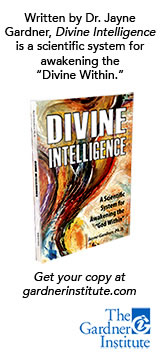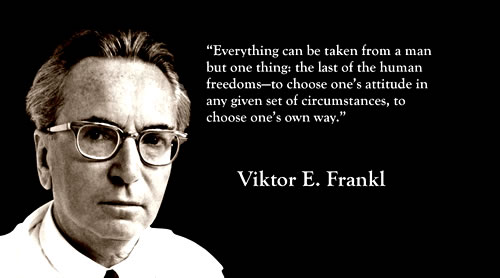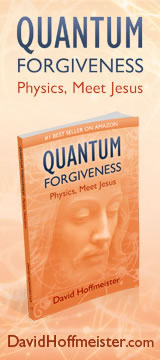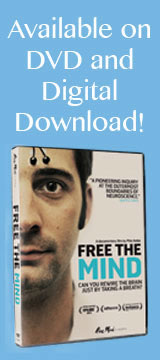 |
|
||||||||||||||||||||||
| Fully Open to Good | ||||||||||||||||||||||
| —By Margaret Stortz | ||||||||||||||||||||||
|
Philosophical giant Viktor Frankl wrote “Man’s Search for Meaning” (first published in 1959) as a narrative of his time in Nazi concentration camps. Despite bitter circumstances — which Frankl describes in detail — the book somehow manages to uplift and inspire. Frankl’s optimistic view shines through with examples of human kindness, unselfishness and indomitable will. Readers come away feeling that if others can make moral choices in the face of such horrific brutality and deprivation, surely so can we. More than 10 million copies of “Man’s Search for Meaning” have been sold and translated into dozens of languages internationally. In his later book “The Unconscious God,” Frankl bravely bridges psychiatry and theology, contending that we each have an inherent sense of spiritual connection that, when nurtured and matured, gives meaning to life.
|
|
||||||||||||||||||||
| Don't miss another copy of Science of Mind magazine. |









